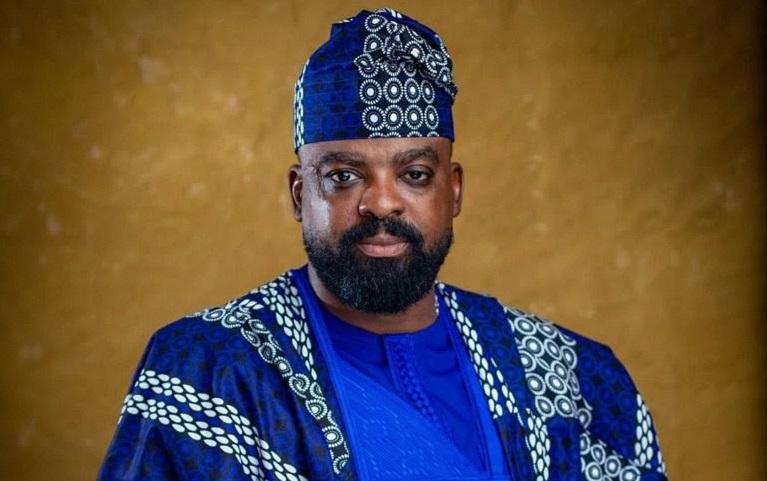
Nigerian filmmakers often get credit for their low-budget ingenuity and remarkable productivity. But for an industry that churns out more than 800 films a year, what Nollywood still lacks is critical recognition. Director Kunle Afolayan is hoping to change that. His 2009 film “The Figurine,” which has been a B.O. and critical smash in Nigeria, is currently enjoying a run on the festival circuit — a rare feat for a Nollywood film.
Following a London premiere last fall, it became the first Nigerian film invited to participate in January’s Rotterdam fest. It made stops in Berlin and at the African Film Festival in New York. And at April’s African Movie Academy Awards, the film took home five awards, including best picture.
Afolayan, son of the late filmmaker Adeyemi Afolayan, has frequently spoken about his desire to raise the bar for Nollywood.
“Nollywood is about commercial success, but for me, I think we should go beyond that,” he says. “I am optimistic that (“The Figurine”) will change people’s perception toward the industry.”
That perception largely rests on the Nollywood prototype: low-budget, high-energy pics, usually with improbable plot twists and shot on digital video in three or four days.
With “The Figurine,” Afolayan spent three months filming, at a cost of more than 50 million nairas ($330,000) — an unprecedented sum for a Nollywood feature.
“Everybody now uses ‘Figurine’ as a yardstick,” he says. “There are a number of other filmmakers who are trying to improve the quality of their films. They call it ‘the New Nollywood.’”
So far, the New Nollywood has come with many of the same old hurdles. Most of the funding for “The Figurine” came from bank loans and the director’s personal savings; like many Nigerian filmmakers, Afolayan uses product placement to secure corporate sponsorship and additional coin. But creative ambitions are reined in by financial realities.
Afolayan pointed to the success of Chad’s Mahamat-Saleh Haroun, whose “A Screaming Man” won the Cannes Jury Prize, as an example of the challenges facing the Nigerian industry. In Africa’s former French and Belgian colonies, he says, foreign governments and cultural institutions play an active role in nurturing filmmakers. In Nigeria, filmmakers have to shoulder the burdens. For Nigerian film to be successful, he says, there has to be a sustainable model for distribution.
Recently Afolayan received a proposal for a U.K. distribution deal for “The Figurine” and at Cannes he was approached with a co-production offer from France’s Films Sans Frontieres for an upcoming film.
“Even if we can’t get such huge distribution deals on ‘The Figurine,’ I’m sure the next project will have such an opportunity,” he says. “I think it’s just a way forward.”



















